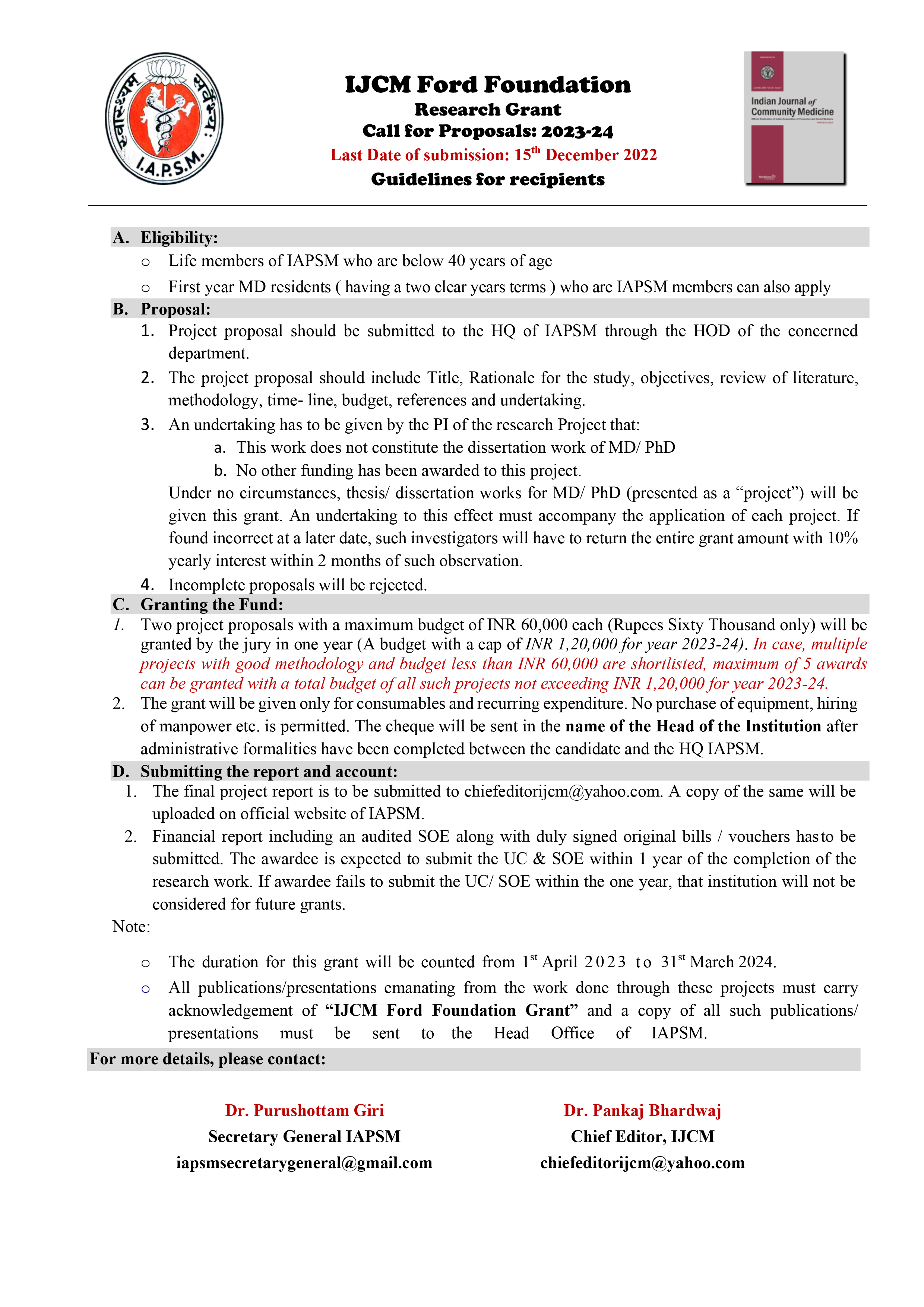Durham, UK — Body appreciation, the positive regard individuals have for their own bodies, varies significantly across cultures, according to a recent study published in PLOS ONE. The research, led by Louise Hanson from Durham University and her team, highlights striking differences in body image perception between women from diverse cultural backgrounds.
The study, which appeared in the journal on July 31, 2024, involved a comprehensive analysis of body appreciation among 1,186 women from a range of cultures, including Australia, Canada, the United Kingdom, the United States, China, and Nigeria. Unlike previous research predominantly focused on negative aspects of body image, Hanson and her colleagues examined positive body appreciation, revealing significant cultural variations.
Key Findings:
- Cultural Variations in Body Appreciation: The study found that Black Nigerian women reported the highest levels of body appreciation, followed by Eastern Asian Chinese women. In contrast, White Western women exhibited the lowest levels of body appreciation. These findings suggest that ethnicity and cultural context play crucial roles in shaping body image perceptions.
- Impact of Sociocultural Pressure: High internalization of the thin ideal and perceived pressure about appearance from family, peers, and media were linked to lower body appreciation. White Western women reported higher pressure from the media compared to Black Nigerian and Chinese women, while Chinese women experienced significant peer pressure. Interestingly, Black Nigerian women reported the least sociocultural pressure overall.
- Age-Related Insights: Age did not show a significant impact on body satisfaction across the board. However, there were notable differences in internalization of the thin ideal based on age in certain cultures. Older White Western and Black Nigerian women reported lower thin-ideal internalization compared to their younger counterparts. Conversely, Chinese women exhibited consistent thin-ideal internalization across all age groups. Older women across all cultures generally reported lower perceived sociocultural pressure compared to younger women.
Implications for Future Research:
The authors of the study recommend that future research should include more women from older age groups to provide a more comprehensive view of body appreciation across the lifespan. They also emphasize the need for the development of culturally sensitive measurement tools to enhance cross-cultural research.
Hanson and her colleagues believe that their findings could inform targeted interventions aimed at fostering positive body image across different cultural contexts. “We found that body appreciation was relatively stable across all ages, and sociocultural pressure was evident in all cultures. However, the extent and sources of this pressure varied significantly,” noted Hanson. “These insights could help tailor positive body image initiatives to the specific needs of different cultural groups.”
The study highlights the importance of considering cultural and ethnic factors in body image research and underscores the need for continued exploration of positive body appreciation as a key component of overall well-being.












